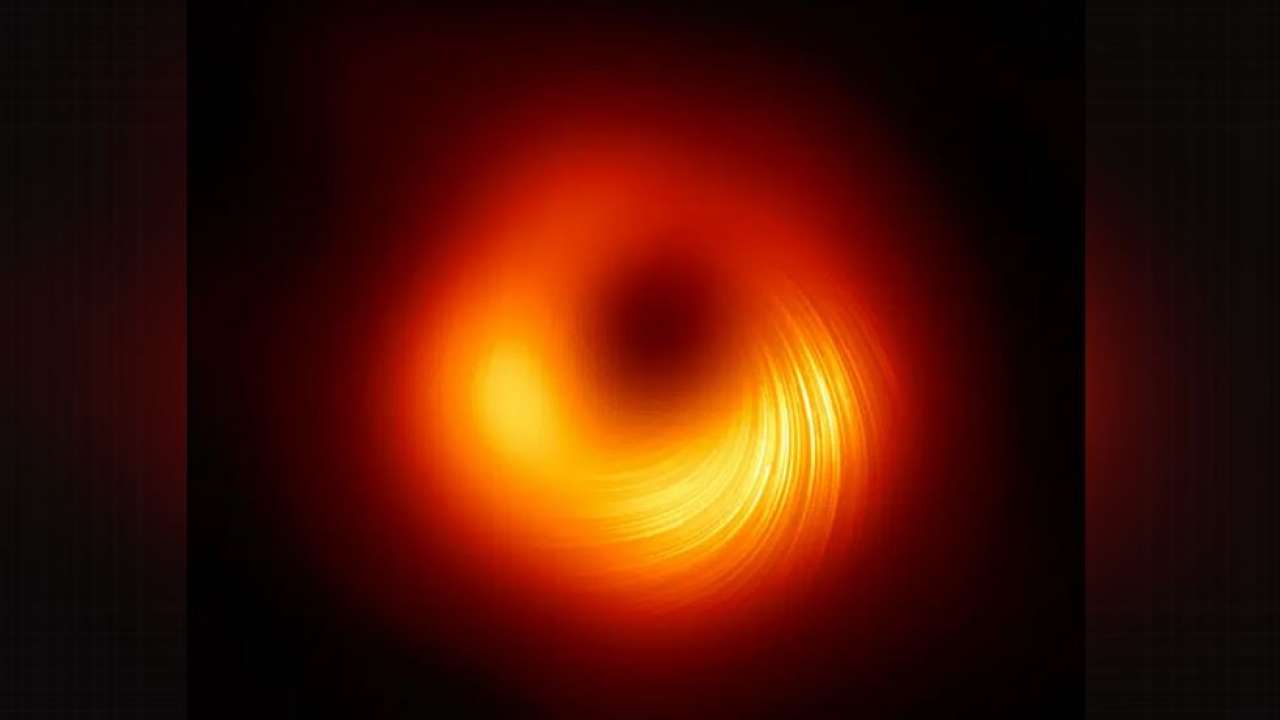Oldest Black Hole in Cosmic History
In a groundbreaking discovery, astronomers have detected the oldest black hole ever observed, residing at the heart of the GN-z11 galaxy, dating back over 13 billion years to the dawn of the universe. This cosmic behemoth, with a mass surpassing a million times that of the Sun, challenges existing theories about the evolution of black holes.
Unveiling the Ancient Mystery
The observations, facilitated by the James Webb Space Telescope (JWST), provide crucial insights into the infancy of black holes, suggesting that they either formed with substantial mass or underwent rapid expansion in the early universe. While direct imaging remains elusive due to the invisible nature of black holes, telltale signatures from the accretion disk—a swirling halo of gas and dust—offer compelling evidence of their presence.
Puzzles in Cosmic Evolution
These observations indicate some black holes experienced exceptionally rapid growth during the universe’s infancy, defying previous expectations. This revelation deepens the longstanding puzzle surrounding the origins of black holes, adding complexity to our understanding of these enigmatic cosmic entities. The findings challenge preconceptions about the growth rates of black holes in the early cosmos, prompting a reevaluation of their origins.
The Essence of Black Holes
NASA defines black holes as astronomical objects with gravitational pulls so intense that even light cannot escape. Two primary classes include stellar-mass black holes scattered in our Milky Way and supermassive counterparts, weighing millions to billions of solar masses, situated at the centers of large galaxies. Black holes form and grow by accreting matter, a process that continues to captivate astronomers’ curiosity.
Month: Current Affairs - December, 2023
Category: Science & Technology Current Affairs


